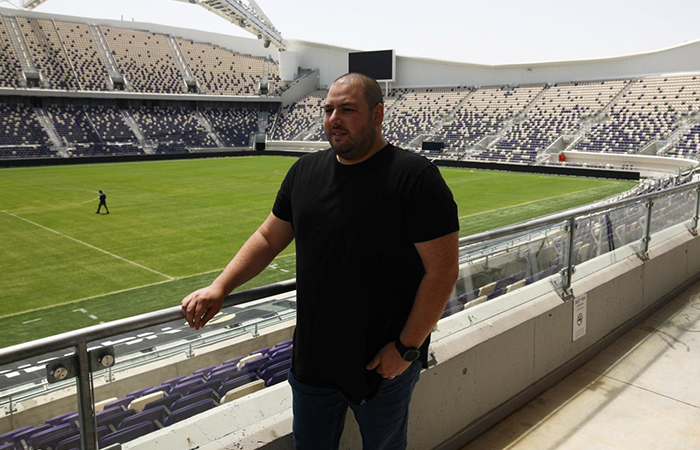On July 18, the Pegasus Project’s investigative report was published on the Forbidden project website. This was a collaborative investigation of the activities of NSO Group, an Israeli company whose spyware products were used by repressive governments, including the Hungarian, Rwandan and Mexican authorities, to target activists, dissidents, journalists and even high-profile politicians (allegedly including the French president Emmanuel Macron) (Mondoweiss, 2021). The report refers to 50,000 phone numbers, belonging to activists, journalists and senior officials, that were tracked by the spyware technology.
NSO Group was established by Shalev Hulio and Omri Lavie, who were formerly members of the Israeli army’s Unit 8200, which is responsible for data and intelligence collection, processing and analysis. Members of the Unit had previously voiced concerns about its activities and the use of related technologies, citing ‘political persecution’ as a particular objection.
The Israeli government provided the company with the license it needed to work with foreign governments, and also permits its intelligence graduates to sell intrusive tools to repressive governments with problematic human rights records (Middle East Eye, 2021). And only last year, Naftali Bennett, the-then Israeli minister of defense, celebrated the company’s achievements in helping to track COVID-19 exposure in the country (Mondoweiss, 2021). This underlines the extent of the overlap between the Israeli government and this ‘private’ company.
The project was a collaboration between Amnesty International, Forbidden Stories, a French NGO and more than 80 journalists from 17 media organizations in 10 countries (Amnesty International, 2021). Haaretz, Le Monde and The Washington Post were among the many media outlets that reported the project’s findings.
Agnès Callamard, Secretary-General of Amnesty International, observes: “While the company claims its spyware is only used for legitimate criminal and terror investigations, it’s clear its technology facilitates systemic abuse. They paint a picture of legitimacy, while profiting from widespread human rights violations.” (Amnesty International, 2021)
The Israeli government benefits from improved relations with these dubious regimes and, to this extent, NSO Group’s dubious activities can perhaps be best described as an indirect diplomatic tool. Defence Ministry approval, including the granting of export licences, is therefore provided in the expectation that it will produce clear diplomatic benefits. State-of-the-art technology, which Israel uses in its military operations in the Palestinian territories and other contexts, will however remain ‘off-limits’ to these dubious regimes.




